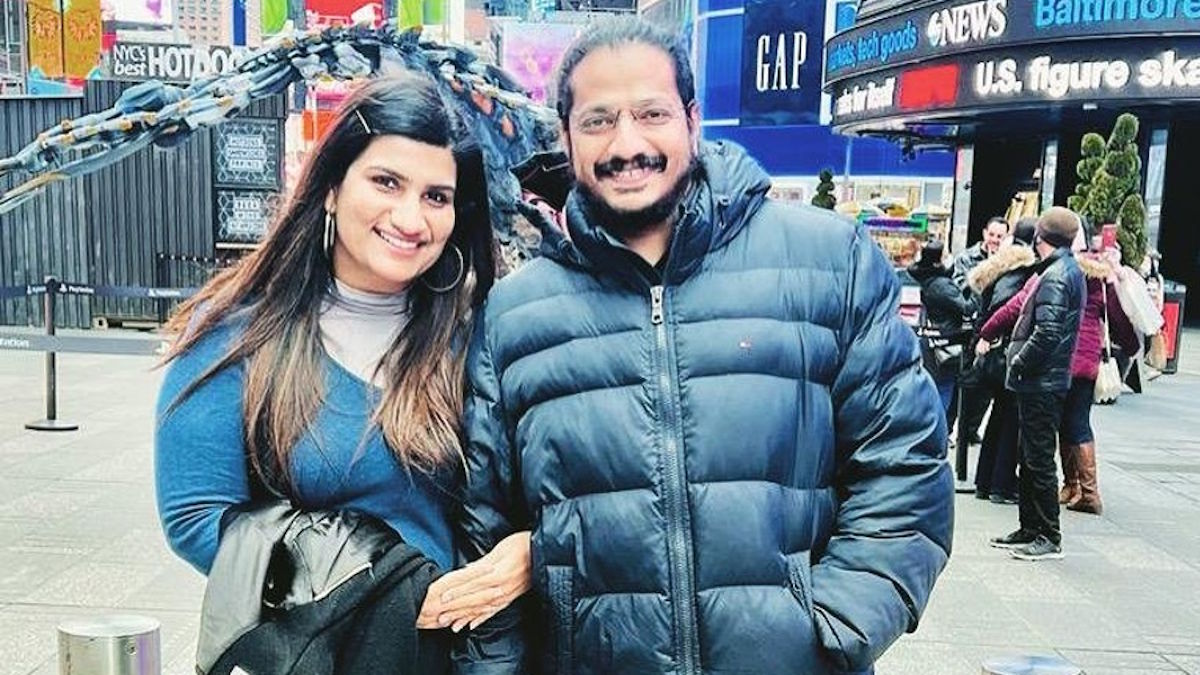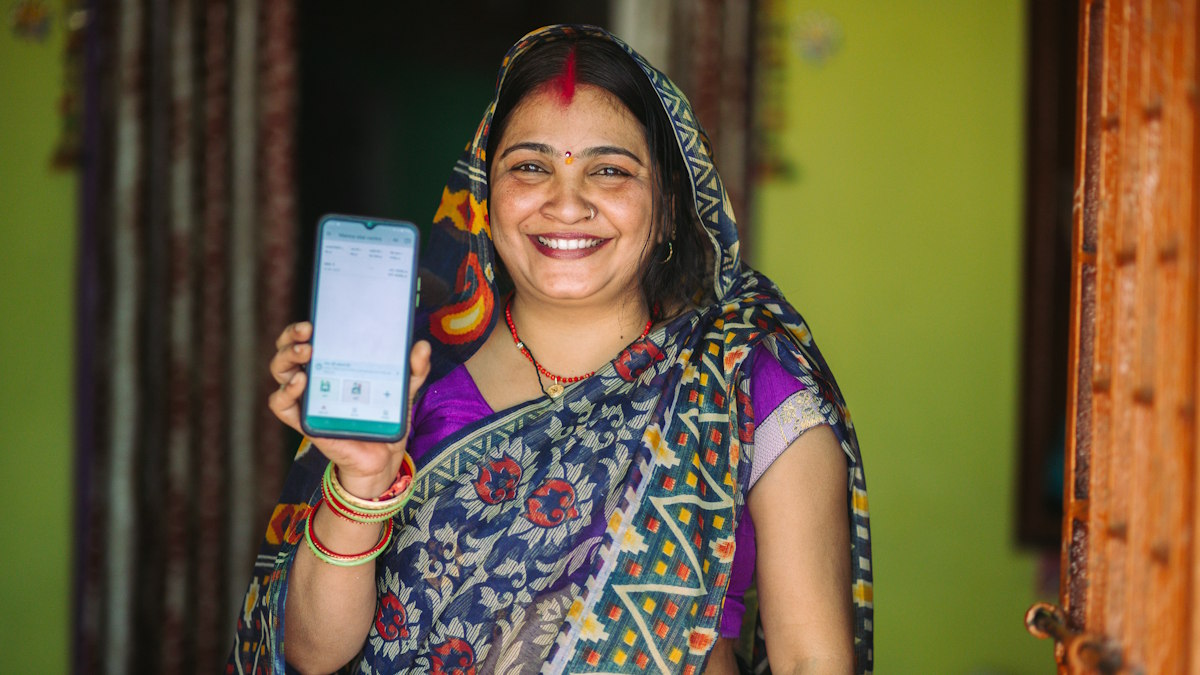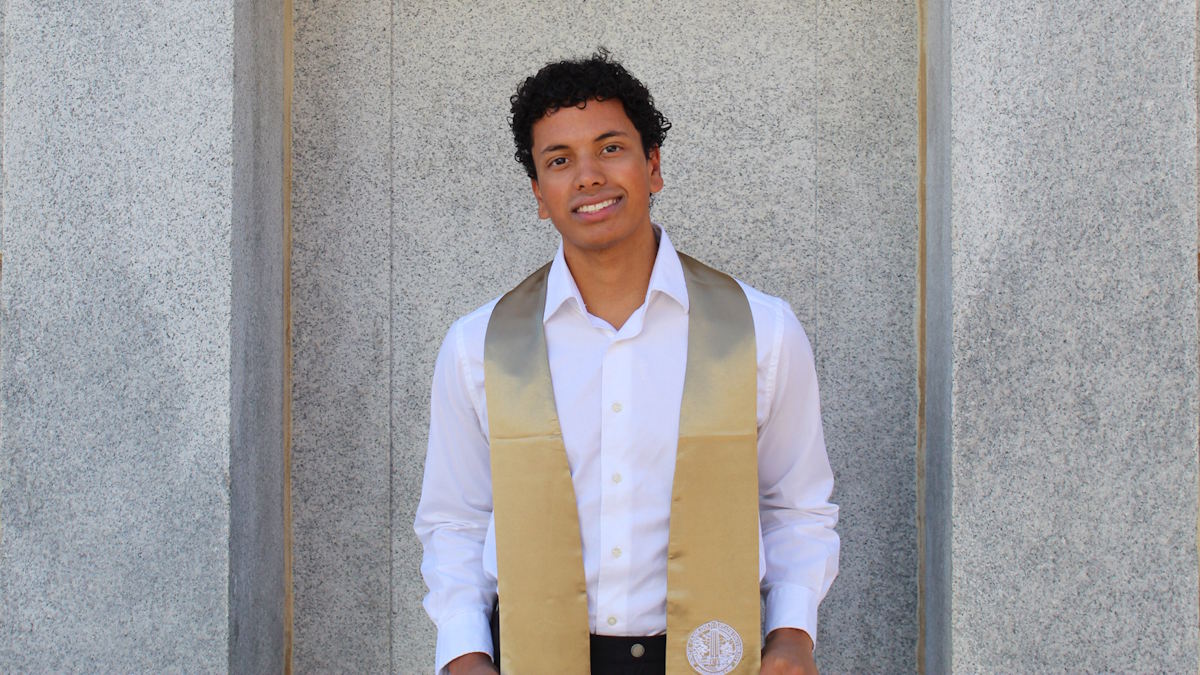Leaning on Community While Navigating Life's Curveballs
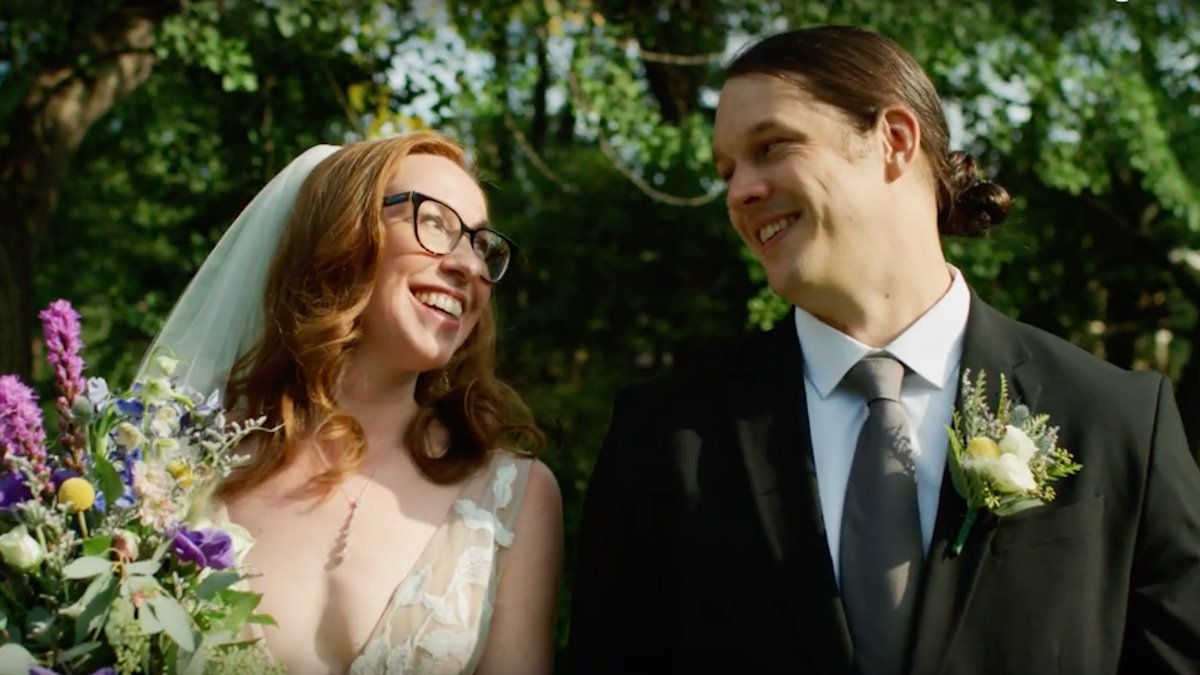
4 Minute Read · 7 Minute Listen
I met my partner Cam in 2018 when we were nearly ready to settle down and start a family. By 2020, despite the pandemic, we decided to take the next step in our relationship and plan a safe, virtual wedding hosted on Webex.
We wanted to create a positive moment amidst the chaos.
During this time, we had weekly company-wide Check-In events with our leadership team. I posted in the chat that my fiancé and I planned on using Webex to stream our wedding. My colleagues noticed and offered to create a promotional Webex video of our event.
The Webex wedding commercial was shared during a December 2020 Check-In, where we also shared the news that we were expecting a baby.
We joked that our baby’s firsts would all need to be streamed and shared with Cisco as well. Our lives were beginning to align with the picture-perfect portrait we'd painted in our minds.
Reality check
Less than a day after our son's birth, he was taken to the neonatal intensive care unit (NICU). He wasn’t eating. After three agonizing weeks in the NICU, we were hit with the devastating news that our son has a rare genetic disability known as Prader-Willi Syndrome (PWS).
The hallmark symptom of the syndrome is low muscle tone and complications around food. Early presentation of the syndrome is complete lack of interest in food, but later, it can lead to extreme, continuous hunger, known as hyperphagia. (There are many other complications as well, but those are the main ones.)
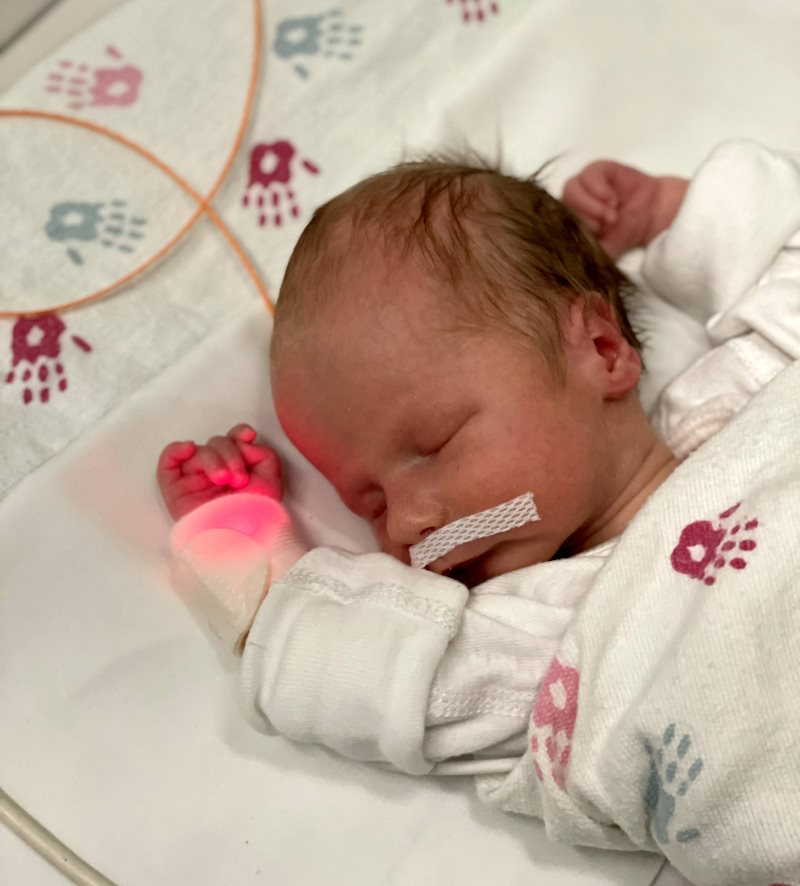
The diagnosis felt like a thunderbolt that shattered our world, forcing us to recalibrate our lives drastically.
Not only did we need to learn how to be new parents, but we also needed to learn how to take care of our son: Feed him through a tube, insert it into his nose, arrange specialist medical visits and therapies, and adjust to a new diet. Sugar and sweet-tasting foods could no longer be on the menu as they trigger early onset hyperphagia.
When I shared the news with my manager, she was incredibly understanding and supportive.
After asking my permission, she shared the news with my team. A week later, I began receiving cards in the mail full of messages of support and encouragement.
I cannot begin to explain how much I needed encouragement then.
When you’re in a dark tunnel of uncontrollable uncertainty, it makes a world of difference to see a bit of sunlight from people who support you.
When I returned to work in October 2021, my manager let me know that she supported the flexibility I needed for our son’s trips to the doctor or therapists. In September 2022, my organization’s director asked me to share our journey of resilience as a TED speaker at the FY23 kickoff.
It was an honor to talk about my transformation into a full-time caregiver, advocate, and mom while managing a full-time job. I’m not the only one navigating these waters, and many colleagues in the same boat were grateful to hear a story similar to theirs.
This was only the first step in my role as an advocate.
If you’re intimately involved with fundraising for a cause you care a great deal for, you might understand: For me, it was not easy. Fundraising initially felt like a popularity contest I never chose to join.
The idea of putting our story out in public and asking people to financially back research and treatments for my son’s medical condition felt too complicated and personal.
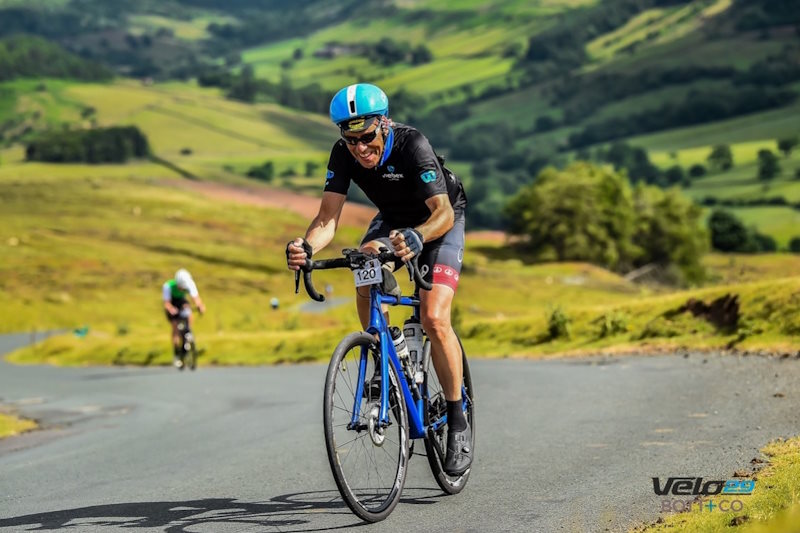
This is why I’m so inspired by my colleague Stephan Gross, who dove in headfirst last year and fearlessly took on the role of leading our fundraising campaign. He helped us to solicit donations and fostered a sense of unity and involvement.
Stephan even took on his own fundraising challenge during his coast-to-coast cycling marathon across the U.K. for PWS. In partnership with The Foundation for Prader-Willi Research, we aimed to raise money for a cure. We succeeded in raising over $11,000!
Touched by the impact and the unity he witnessed, Stephan continues his commitment to the cause. He is gearing up to tackle the same challenge again this year.
The unexpected hurdles life threw at us were made bearable by the Cisco community. The flexibility, understanding, and encouragement I received from my team and parents from the Special Children Network, including those also navigating the challenges of Autism, have been invaluable.
The recent additional diagnosis of Autism that our son received introduced new complexities, but this, too, was made easier to navigate thanks to the wealth of information and shared experiences provided by the parents in the group.
I am grateful for the support and will always appreciate the amazing people I get to work with every day.
As we gear up for this year’s fundraising efforts, we hope to see continued support. We invite you all to join us in donating and showing solidarity for those battling Prader-Willi Syndrome.
Employee resources
- Special Children’s Network
- Employee and Family Assistance Program
- Join an Inclusive Community
- Global Wellbeing Community
- Join the #SafeToTalk Webex space
Related links
